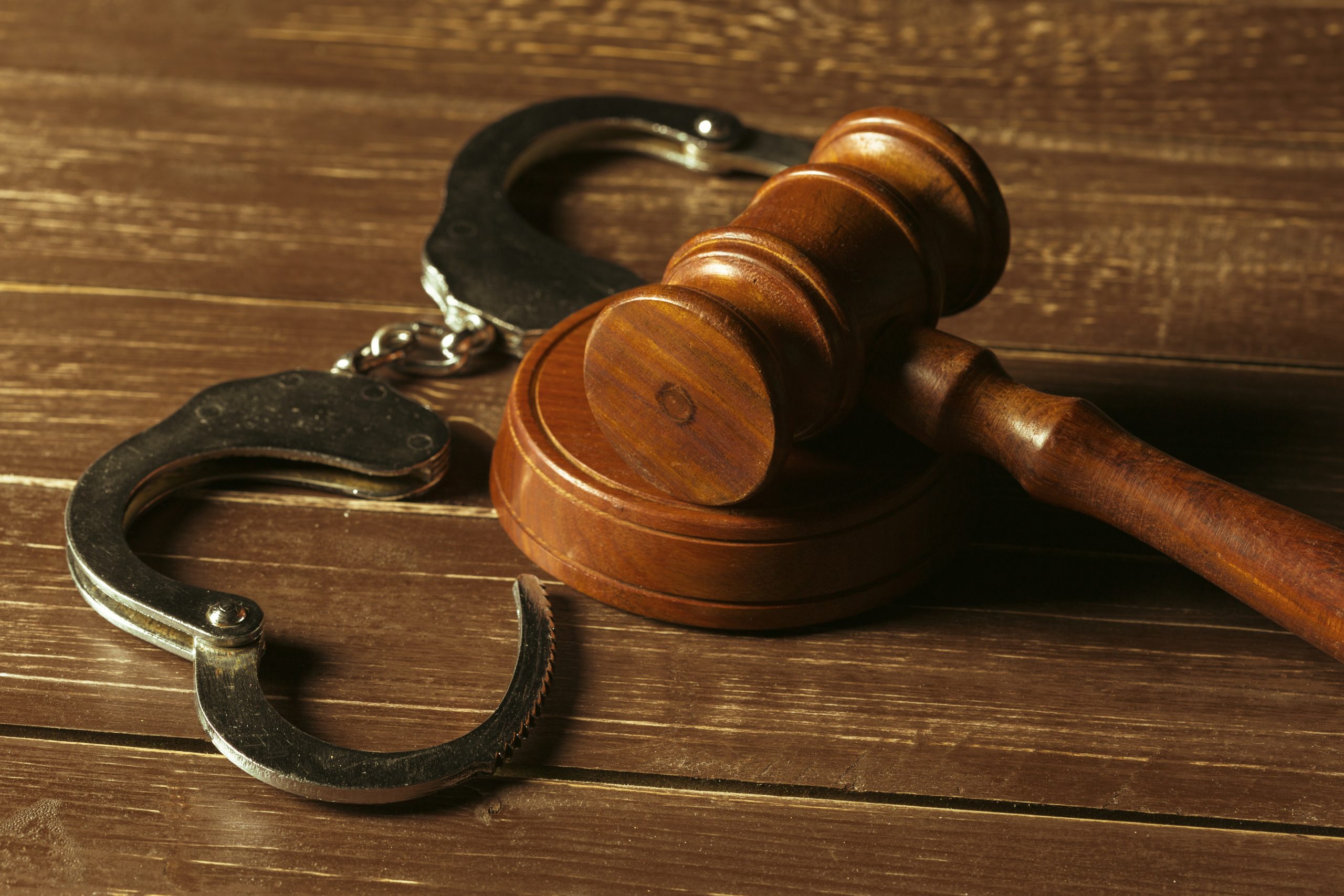Boeing has agreed to plead guilty to misleading air safety regulators before two deadly 737 MAX crashes. According to a late Sunday court filing, the aerospace company will formally acknowledge its guilt and accept punishment over its dealings with the Federal Aviation Administration before the two crashes, which killed 346 people.
This includes paying a $244 million criminal fine and spending $455 million to improve compliance and safety programmes in the next three years. Additionally, Boeing must hire an independent monitor for three years to oversee the improvements.
The plea deal includes Boeing’s board meeting with victims’ families, though it falls short of their demands for higher fines of about $25 billion and individual prosecutions.
The company faces three years of court-supervised probation, during which it could incur additional penalties if it fails to comply with the terms. This decision was disclosed in a filing by the Justice Department in federal court in Fort Worth, Texas. Prosecutors have asked the court to schedule a hearing in July on the plea agreement.
In another filing, an attorney for the families signaled his clients would object to the Department of Justice’s deal with Boeing. “The families intend to argue that the plea deal with Boeing unfairly makes concessions to Boeing that other criminal defendants would never receive and fails to hold Boeing accountable for the deaths of 346 persons,” the attorney said in a filing.
The plea would nullify a more lenient punishment Boeing received in January 2021, when prosecutors agreed to defer the criminal charge as long as the company did not get in further trouble. The government and Boeing were negotiating the terms of the agreement through Sunday, the deadline for prosecutors to impose or dismiss the charge. Boeing’s board has not yet approved a written plea agreement, which is expected to be made public by July 19, according to the court filing.
Three years ago, Boeing admitted that two former employees misled the FAA about a new flight-control feature on the 737 MAX that wasn’t supposed to activate under normal flying conditions. As a result in the fatal crashes in 2018 and 2019, pilots were unable to regain control after the planes’ noses were forced downward by repeated, erroneous activations of the flight-control system.
A criminal investigation was launched shortly after the first accident when a Lion Air flight crashed into the Java Sea in October 2018, causing 189 deaths. Authorities focused on how two Boeing employees communicated with the FAA about the cockpit feature before the regulator decided on pilot-training requirements for the new-model jet.
In January 2021 the department announced a settlement with Boeing and the company agreed to a deferred prosecution agreement, a form of corporate probation. Under this, Boeing needed to successfully serve a three-year probationary period to have the charge dismissed.
As part of the 2021 deal, Boeing paid a $243.6 million criminal fine and $500 million compensation to families but failed to comply with a core probation requirement, prompting this new agreement.
However, the prosecutors failed to notify the families of the crash victims about the terms of the original settlement, violating a law that protects the rights of crime victims and the families challenged Boeing’s settlement claiming it to be too lenient. Then, a federal jury acquitted the only individual charged with the crime, a former Boeing pilot who had been accused of misleading the FAA about the new flight-control feature’s ability. Finally, the company’s settlement was upended in May 2024 when prosecutors said Boeing had failed to comply with a core requirement of its probationary agreement: maintaining an effective compliance programme. This failure allowed prosecutors to void the settlement. Last week, the government told the company to plead guilty or face a criminal trial.
After the government’s ultimatum, Boeing chose the plea. The families said in their filing late Sunday that they want the judge overseeing the case, Reed O’Connor, to reject the plea.
